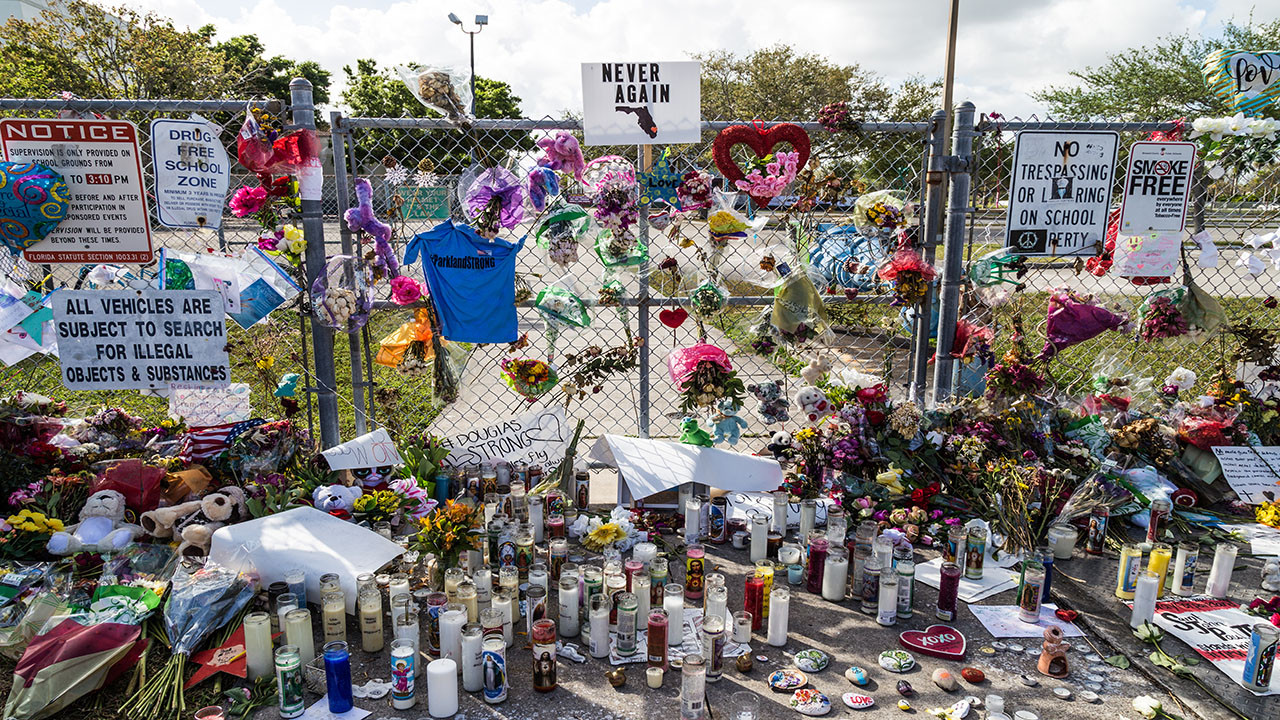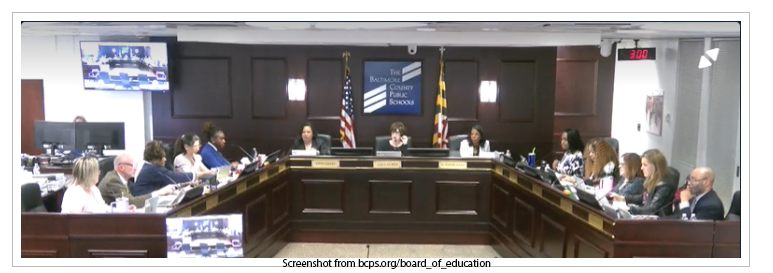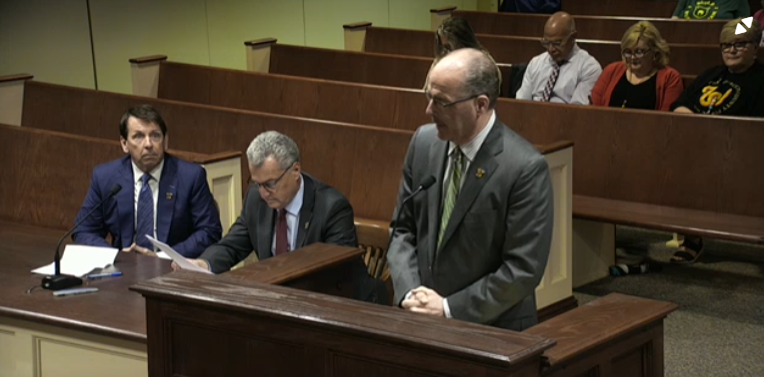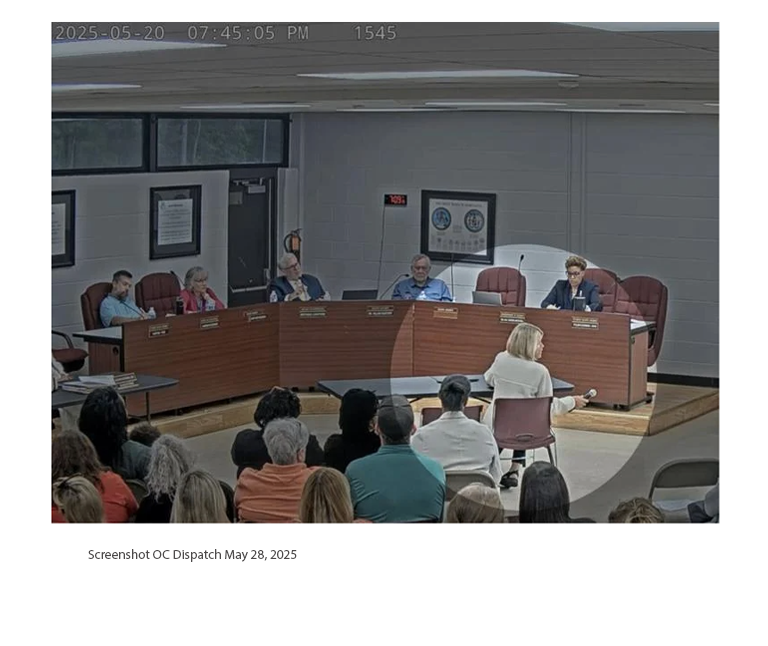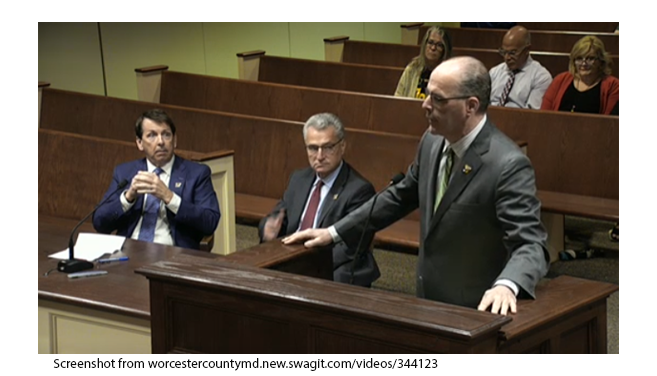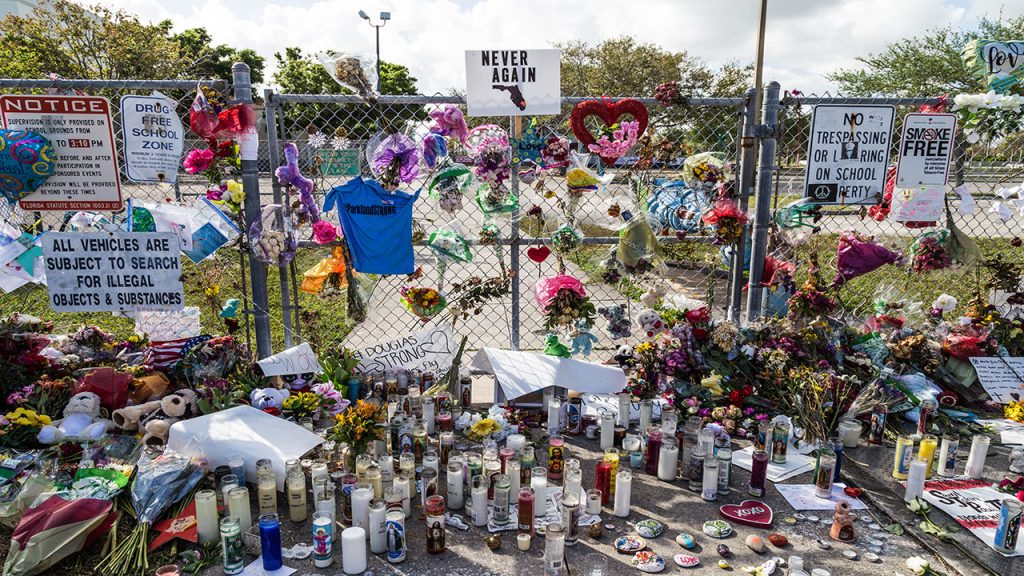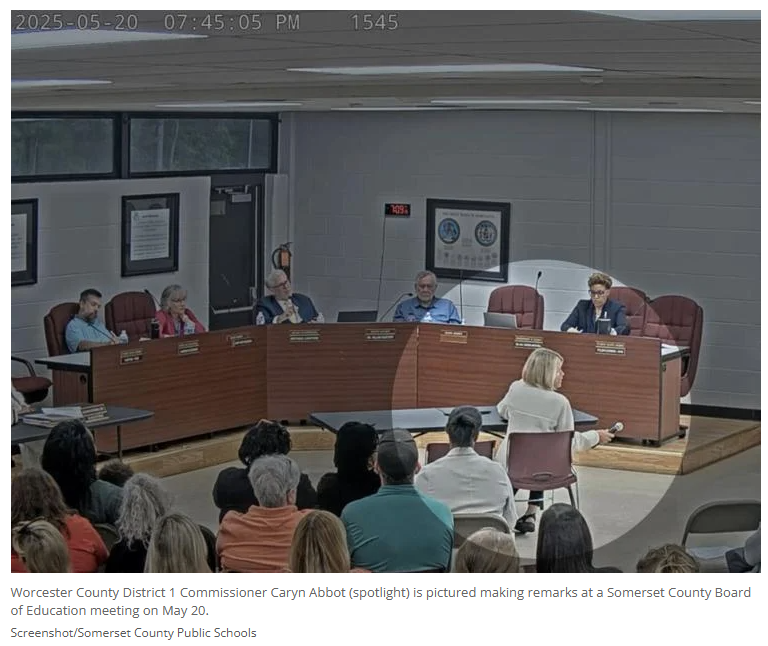
What Helps Black Female Superintendents Do the Job? The Sisterhood.
Black women make up fewer than 1.5 percent of the nation’s superintendents.
That means that when they walk into a room with other Black female district leaders, they’re often among their mentors, current or former colleagues, or friends.
In other spaces, they may feel like “a unicorn,” according to LaTonya Goffney, a school system leader for 15 years and currently the superintendent of the Aldine school district in Aldine, Texas.
Goffney was part of a recent panel in Washington that also featured Sonja Brookins Santelises, the CEO of the Baltimore City school district, and Melanie Kay-Wyatt, who earlier this month was named the permanent superintendent of the Alexandria City school system in Virginia. She starts on July 1.
The event hosted by the Education Trust looked at the research on Black women superintendents and the traits and characteristics they bring to the job. It also explored how the skills Black women bring the job—deep instructional leadership and an ability to work with stakeholders and facilitate conversations about race and equity—could be key assets as K-12 emerges from the challenges of the pandemic.
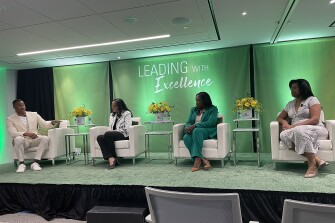
Expertise not found in case studies
Black women have led some of the country’s largest school districts—from Barbara Jenkins in Orange County, Fla., to the late Michelle King, the first Black woman to lead the Los Angeles school system.
But the group of Black female district leaders has remained small, so much so that they’ve developed a “sisterhood”—an informal network where they share career advice, provide emotional and professional support, offer career leads, and lend an ear on how to navigate the challenges of district leadership in an environment that was not created with them in mind.
The women provide emotional support as well practical assistance to manage the nuts-and-bolts of district leadership—from transportation to school board relations—from a perspective that’s not typically captured in research or covered in a Harvard University case study, said Christina Grant, the state superintendent of schools in the District of Columbia, who runs a group chat for Black female district leaders.
“I wouldn’t exist, if I didn’t know that these women existed,” Kay-Wyatt said after the event.
As the sisterhood’s newest member, Kay-Wyatt has already benefited.
Since she was named interim superintendent last year, Kay-Wyatt checked in regularly with LaTanya McDade, the superintendent in Virginia’s Prince William County, to ensure she was prepared for the role and that she took care of her mental and emotional wellness. McDade is Prince William County’s first Black woman superintendent.
“I think that it’s important that we speak up about it and reach out,” Kay-Wyatt said on a panel in response to a question about whether she’d gotten a playbook to help her navigate being Alexandria’s first Black woman superintendent.
“Don’t wait for someone,” Kay-Wyatt said, urging Black women who are already in the roles to look out for those who are coming up.
“I think it’s also important to know that if you see another woman who is aspiring to do that—whether they have the skillset or not—it’s up to us to bring them to the table. And when we bring them to the table … we have to make sure we don’t just walk away from that table. That we come back and check on all of those women who are sitting there to make sure that not only are they OK, but that we ask the right questions. Because, ‘Are you OK? gets you, ‘Yes, I am fine. I am OK. I am good.’”
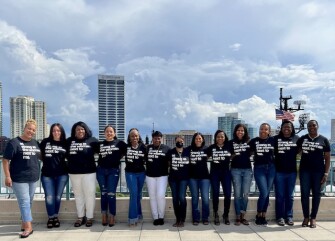
Santelises, the Baltimore schools CEO, recalled how she leaned on the unofficial sisterhood during a dark period in 2022 when Maryland’s then-Governor Larry Hogan called for criminal investigations and potential criminal charges after a state inspector general’s report found that thousands of failing grades had been changed in the city’s high schools from the 2016 through 2020 academic years.
Although the district’s lawyers told Santelises that everything would be fine, she couldn’t take comfort in their assurances.
She’d been scheduled to fly to Florida to meet a group of Black female superintendents gathered by Sharon Contreras, who is Black and Latina and was then the superintendent of the Guilford County Public Schools in Greensboro, N.C.
When Santelises arrived at nearly midnight, the group was waiting for her.
“I think that’s symbolic of what that sisterhood means,” Santelises said. “On my worst day, they were my best therapy. God had them [ready] when I was a 2, and I left as a 10.”
Amid a weekend of relaxation, they visited Bethune-Cookman University, a private historically Black college in Daytona Beach, Fla. That visit included a stop to see the statue of Mary McLeod Bethune, the daughter of formerly enslaved people who founded the National Council of Negro Women and the school that later became Bethune-Cookman University.
While she had the support of the staff and lawyers, it was different hearing from a group of superintendents that everything would be OK, Santelises said.
“I had a community of people who could be real, who could recalibrate me, who I could focus in on, and, frankly, connect it with the history,” she said. “My lawyers were telling me, ‘I don’t know why you’re so upset; it’s just a political stunt. He is not going to do anything to you.’ But it didn’t matter.”
‘Generational work’
The women also discussed what kept them going and motivated amid the challenges in K-12. For Santelises, it’s her desire to ensure that she sets up at least one generation of students to succeed in life, she said.
“This is generational work,” Santelises said. “I just want one generation in [my] leg of the race. I am not going to get them all. I can’t dig back in the past, and I can’t predict the future. But on my watch, I want a generation. … I am very clear about legacy. I am very clear about the excellence and the potential that is unrealized.”
For Kay-Wyatt, it’s about impact—the impact she can have on others, as well as the impact others can have on her.
“When I wake up in the morning I have my little routine and I say, ‘OK, today, what impact I can have on just one person?’ Or I am hoping that one person might have an impact on me. Sometimes, it’s small. We don’t always identify what that is. But that’s what I want to make sure that I do when I am talking about my ‘why’: It’s to remember that every day I have a chance to make a change, and impact [someone’s] life. … It could be a student; it could be a parent; it could be a colleague; it could be a bus driver. Just knowing that you wake up with that opportunity, then why not? Why not do this work?”
Students keep Goffney going. But she’s also cognizant that she’s following in the footsteps of Black women before her, who’ve always taken care of others, Goffney said.
The grandchild of a grandmother with a 5th grade education, a grandfather who couldn’t read, and the daughter of a teenager mother, Goffney said there’s nothing in her past would suggest that she’d be where she is in life today.
“Education—teachers—[that] is the reason I’m sitting here,” Goffney said. “So every day, I show up in the midst of these challenges, excited about the opportunity to be able to make a difference for so many who are depending on me, just like I was depending on the educators who came before me.
“I know where there’s unity, there is strength. But I recognize, too, that we are called for such a time like this. I believe that Black women are called to do this work, especially during these tough times.”
Sharing educational expertise
The relationship is also reciprocal. When Baltimore was changing its high school curriculum, Santelises asked her staff who else had done something similar. Goffney, the Aldine superintendent, they responded. So Santelises sent her staff to Goffney’s district to learn from the early adopters.
Goffney did the same later when her district was changing its approach to literacy instruction. She’d followed Santelises’ work for years, before they met in person. (Goffney is a member of the governing board for Editorial Projects in Education, the nonprofit that publishes Education Week.)
When she first became a district leader, there were only four other Black women serving in that role in Texas, she said.
“To be in a room and in a space where you can authentically be yourself and you can relate, it’s powerful because you feel like a unicorn,” she said. “You do at times, and people treat you like that. But there is power, I think, in the collective experience of all of us.”
There’s an authenticity, Goffney said, in being part of the group.
“I don’t have to be strong; I don’t have to be fake,” she said. “When I walked into the room, Christina [Grant] already knew how I felt. … We can get past the pleasantries and get to the raw, authentic person that you are and say, ‘How you are, and what [do] you need?’ And so that’s what I appreciate about the sisterhood.”
Dig Deeper With Our Longreads
Newsletter Sign up to get our best longform features, investigations, and thought-provoking essays, in your inbox every Sunday.
The MEN was founded by John Huber in the fall of 2020. It was founded to provide a platform for expert opinion and commentary on current issues that directly or indirectly affect education. All opinions are valued and accepted providing they are expressed in a professional manner. The Maryland Education Network consists of Blogs, Videos, and other interaction among the K-12 community.

